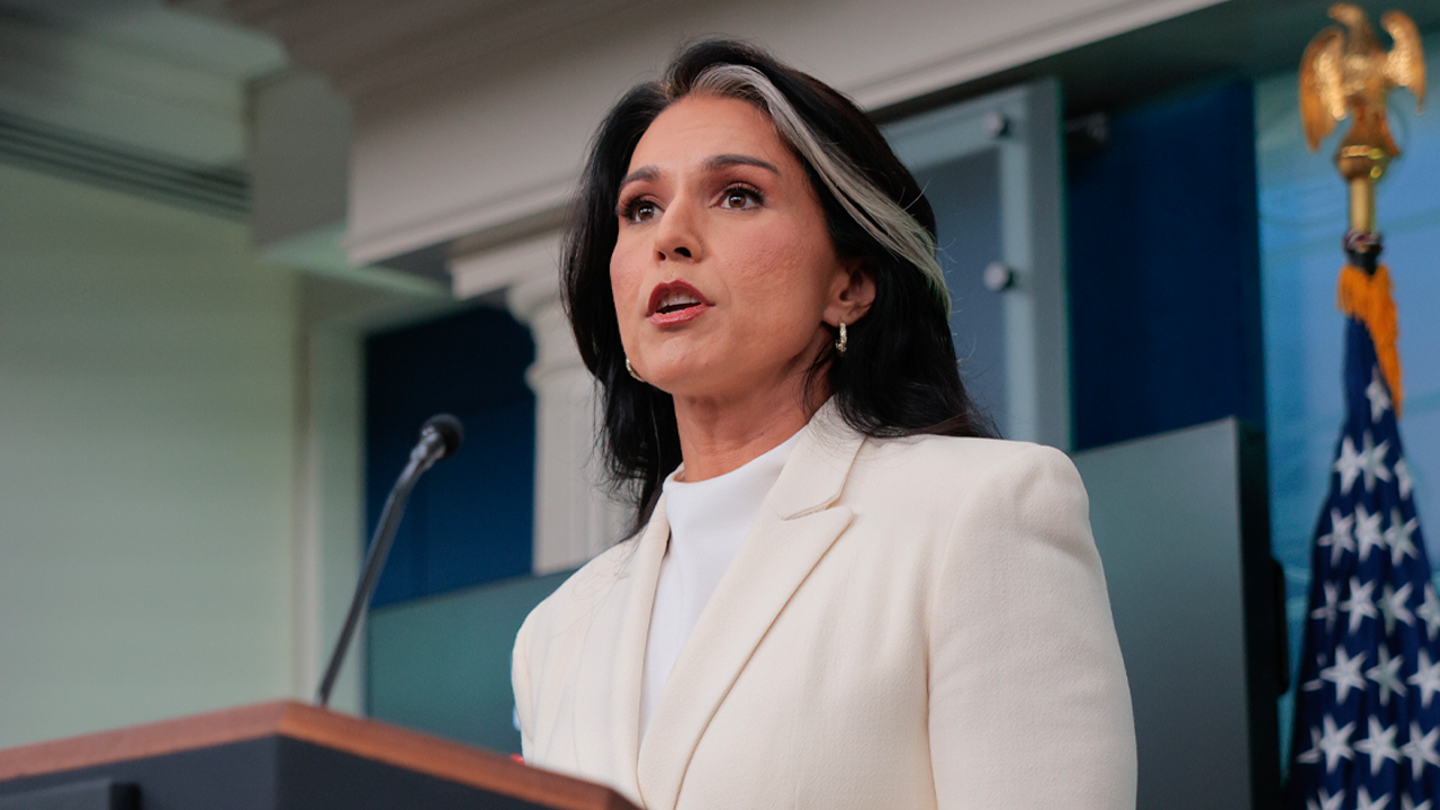
Trump didn’t cause Russia-Ukraine war, Stephen A. Smith says, blaming Biden, Obama and Clinton in fiery rant
Entities mentioned:
- Stephen A. Smith: Indignation, Justice, Duty
- Donald Trump: Self-preservation, Influence, Power
- Joe Biden: Obligation, Security, Legacy
- Barack Obama: Caution, Security, Legacy
- Bill Clinton: Influence, Security, Legacy
- Russia: Power, Control, Influence
- Ukraine: Self-preservation, Freedom, Security
Article Assessment:
Credibility Score: 65/100
Bias Rating: 55/100 (Center)
Sentiment Score: 30/100
Authoritarianism Risk: 35/100 (Generally Democratic)
Bias Analysis:
The article presents multiple viewpoints, including criticism of both Republican and Democratic administrations. However, it relies heavily on Stephen A. Smith's opinions without substantial counterarguments, potentially skewing the perspective.
Key metric: U.S. Foreign Policy Effectiveness
As a social scientist, I analyze that this article presents a complex view of U.S. foreign policy spanning multiple administrations and its impact on the Russia-Ukraine conflict. Smith's argument shifts blame from Trump to previous Democratic administrations, suggesting a long-term policy failure rather than a single administration's fault. This perspective challenges the common narrative and highlights the complexity of international relations and the long-term consequences of policy decisions. The article touches on critical events like the Crimea annexation and Ukraine's nuclear disarmament, which have significantly shaped the current geopolitical landscape. It also raises questions about the U.S.'s commitment to its international promises and the financial burden of these commitments on American taxpayers. This debate could influence public opinion on U.S. foreign policy effectiveness and potentially impact future policy decisions regarding international commitments and interventions.

Gabbard removes clearances from 37 officials at Trump's direction over politicizing intelligence
Entities mentioned:
- Tulsi Gabbard: Duty, Justice, Loyalty
- Donald Trump: Power, Control, Revenge
- James Clapper: Influence, Self-preservation, Loyalty
- Intelligence Community: Professional pride, Security, Duty
Article Assessment:
Credibility Score: 65/100
Bias Rating: 70/100 (Lean Right)
Sentiment Score: 30/100
Authoritarianism Risk: 75/100 (Authoritarian Tendencies)
Bias Analysis:
The article leans right due to its uncritical presentation of the administration's actions and rationale. It heavily relies on Gabbard's statements without presenting opposing viewpoints or context from affected officials.
Key metric: Government Accountability and Transparency
As a social scientist, I analyze that this action represents a significant shift in the relationship between the executive branch and the intelligence community. The revocation of security clearances for 37 current and former officials, at the direction of President Trump, indicates an attempt to assert control over the intelligence apparatus and potentially silence dissenting voices. This move could have far-reaching implications for government accountability and the independence of intelligence agencies. The justification of politicization of intelligence raises questions about the separation of intelligence work from political influence, which is crucial for maintaining the integrity and effectiveness of national security operations. This action may deter future officials from providing candid assessments that contradict political narratives, potentially compromising the quality and objectivity of intelligence analysis.